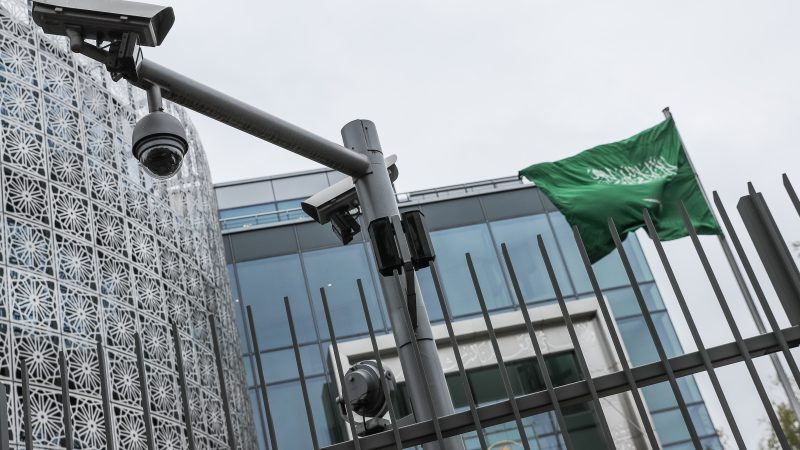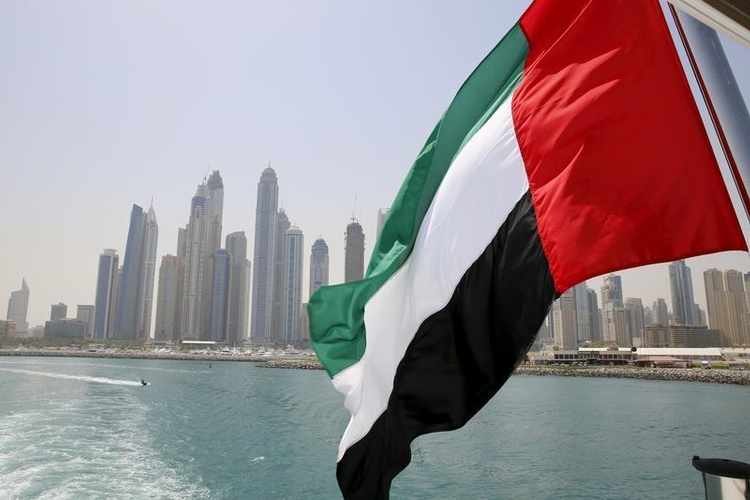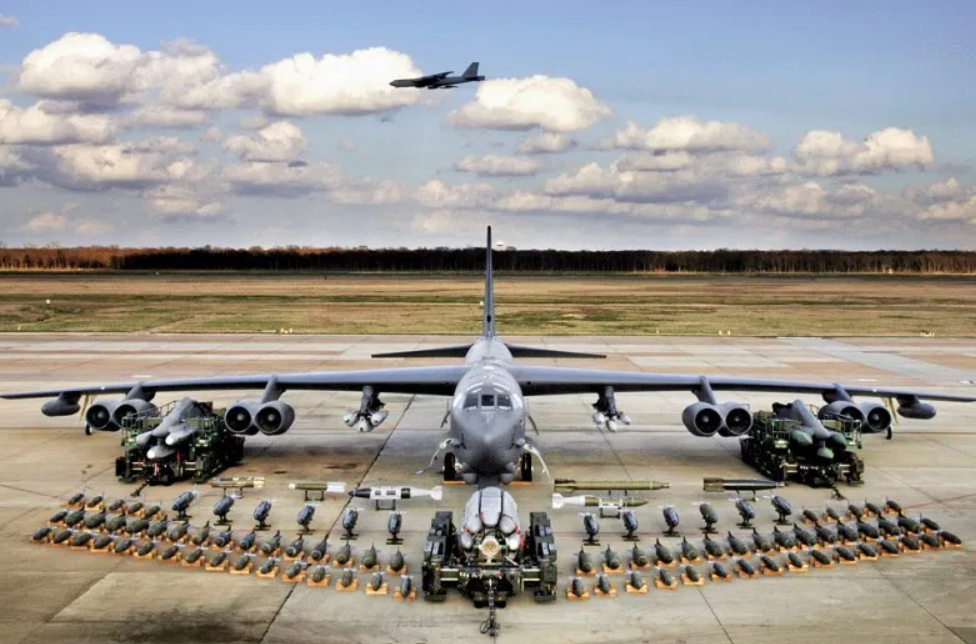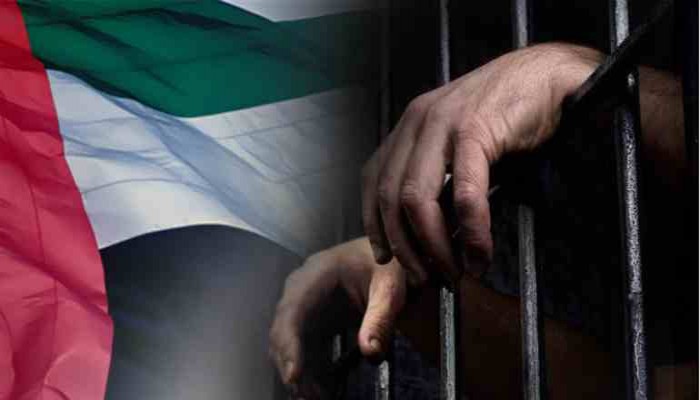The report Trends in International Arms Transfers by the Stockholm International Peace Research Institute (SIPRI) has confirmed The United States’ first position in the top 5 largest worldwide arms exporters for several years now. The period from 2015 to 2019 has demonstrated a crucial time for the US to re-establish their commercial supremacy in the[…]
The Danish government has traditionally been a vocal supporter for human rights. For example, the Government of Denmark was one of the signatories of a Human Rights Council Joint Statement on Saudi Arabia that expressed its concern regarding the murder and torture of journalist Jamal Khashoggi. Despite their good reputation, the Danish government has on[…]
Impunity in the United Arab Emirates (UAE) is endemic, thanks to a pervasive culture of dispensation in the upper echelons of government. The UAE can be described as an autocratic police state, with widespread censorship laws and high surveillance. The ambiguity of its laws allows the leadership to easily justify the quashing of dissent or[…]
The Netherlands entered the top-10 of global arms export in the 2013-2017 period according to the Trends in international arms transfers by the Stockholm International Peace Research Institute (SIPRI). SIPRI uses a Trend Indicator Value (TIV) that attributes to surplus weapons a 40% value of their original cost and small arms and ammunition are not[…]
The United Arab Emirates (UAE) government has an extensive history of using torture against those they percieve as a threat; this ‘threat’ most commonly includes human rights defenders, political opposition, religious figures, and journalists. On 19 July 2012, the UAE acceded to the United Nations Convention against Torture (UNCAT), which details obligations that the government[…]








